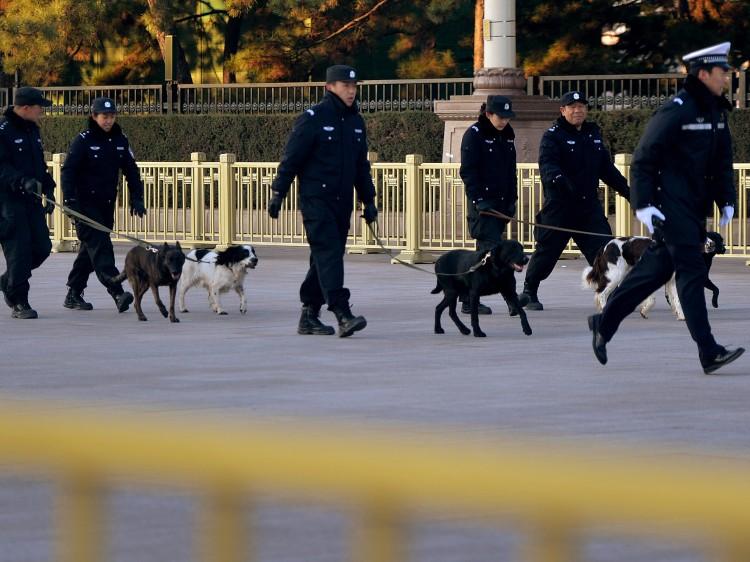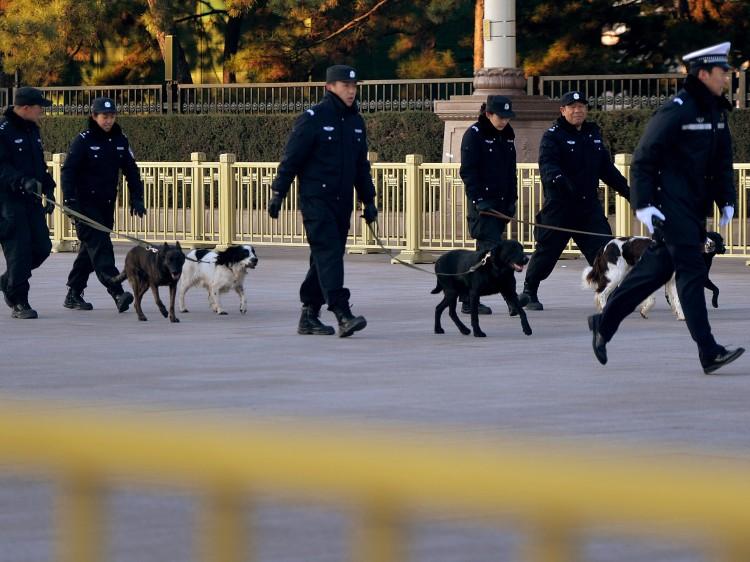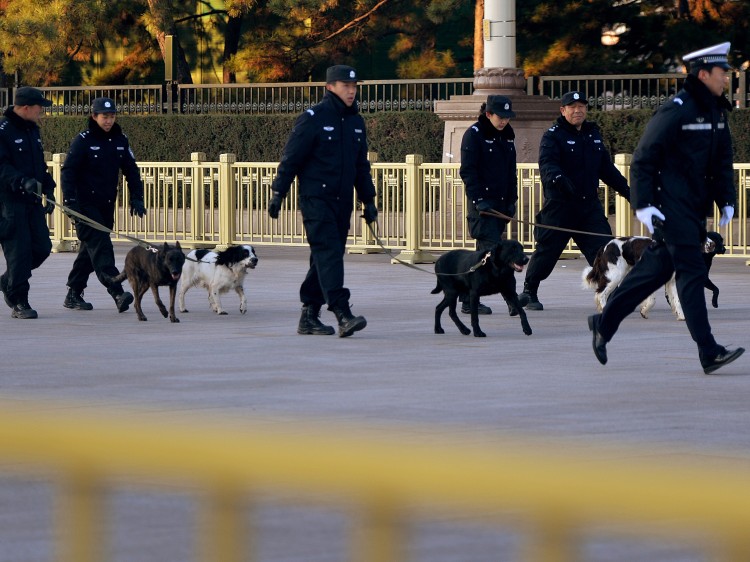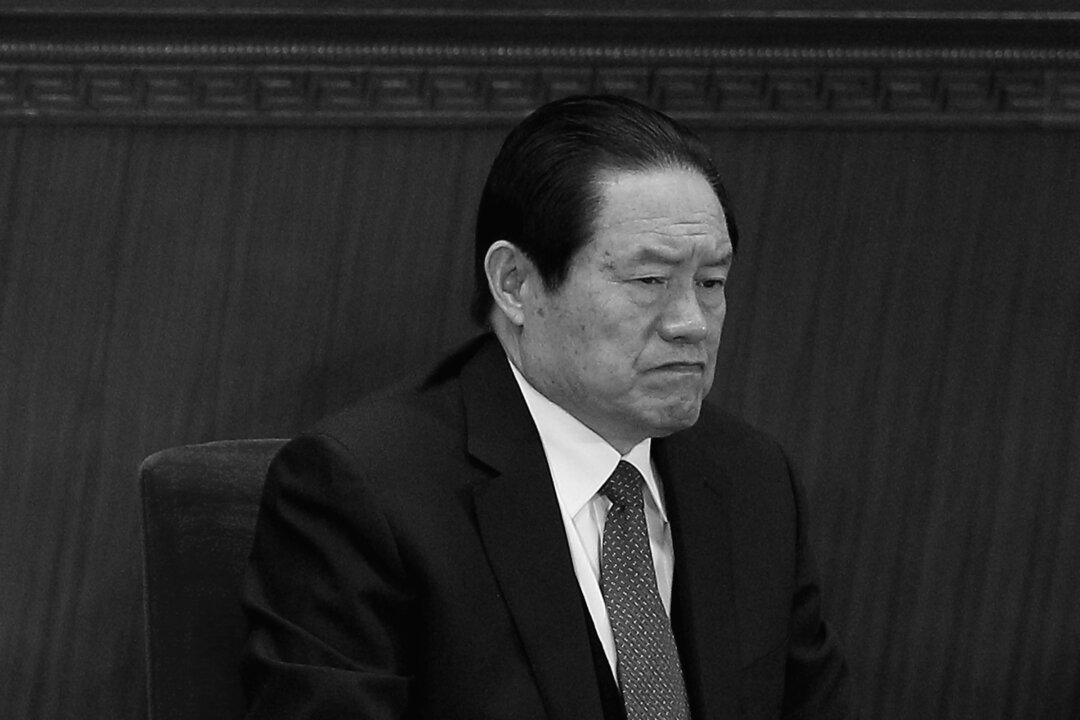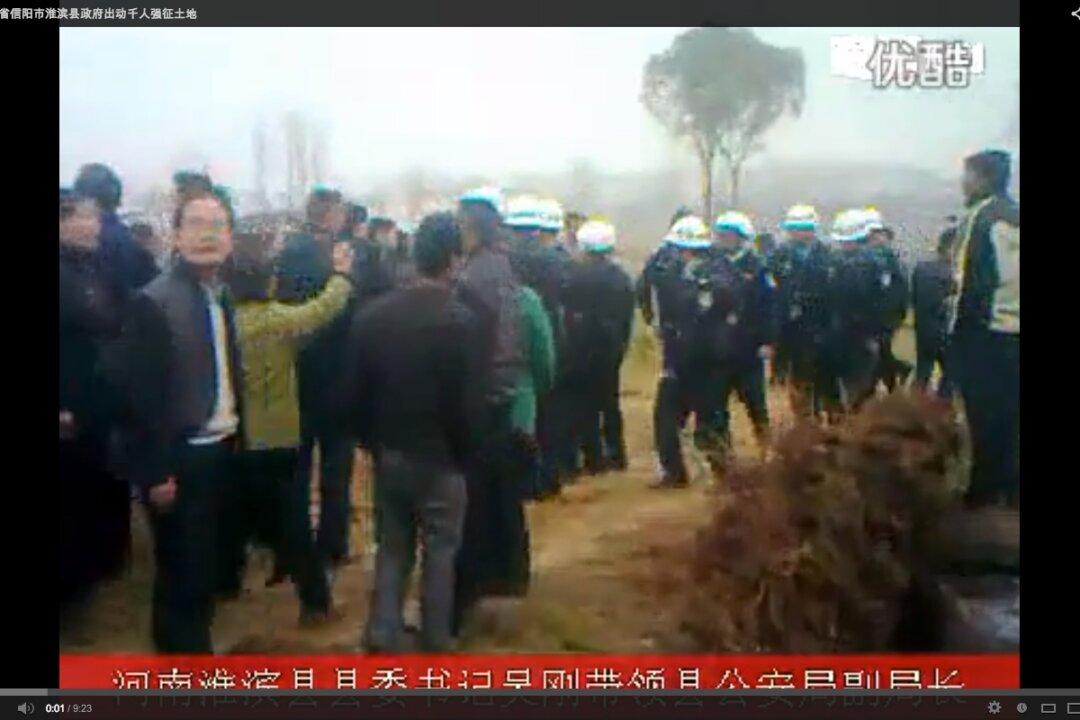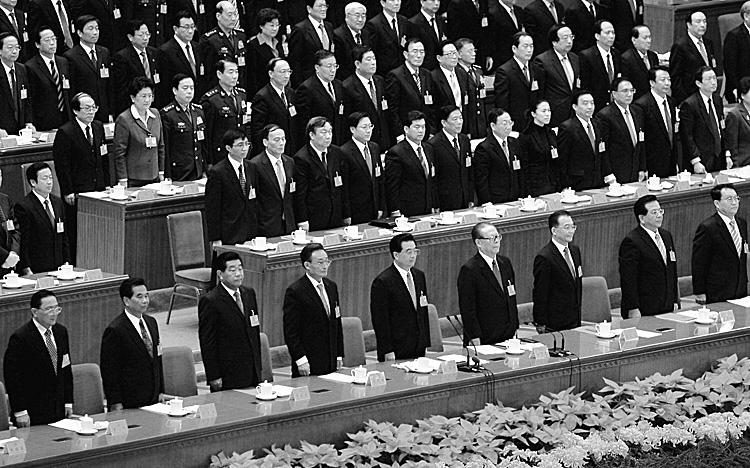The top committee that controls all law enforcement operations in China itself mostly operates outside any written law. That results in enormous abuses of power that some reformers in China are trying to address—at a current critical juncture in Chinese politics after a new leadership has been sworn in.
Mao Zedong’s former secretary, Li Rui, called for the Political and Legislative Affairs Committee (PLAC) to be abolished at a Peking University seminar which convened to discuss political reform, two days after the closing of the 18th People’s Congress.
Political magazine Yanhuang Chunqiu and the Peking University’s Constitutional and Administrative Law Research Center sponsored the forum. Attendees, including liberal intellectuals, party reformers, professors and experts proposed a “reform consensus,” developed in part from points in Hu’s work report to the 18th Congress.
Li Rui, 95-year-old former executive vice minister of the Central Organization Department, spoke at the forum, emphasizing that it is not enough to remove the PLAC from the Politburo Standing Committee, and that it should be abolished completely.
He referred to the Bo Xilai case, where Bo’s abuse of power was a result of his position as protégé to former regime leader Jiang Zemin, and heir apparent to Zhou Yongkang, the former secretary of the PLAC. Rui also proposed nationalization of the military, which is under the command of the Chinese Communist Party’s Central Military Commission.
Ruan Ming, speechwriter and advisor to former CCP party secretary Hu Yaobang, told the New York-based NTD Television that he supports Li Rui’s proposal.
“In the past, when the PLAC’s Party Secretary Zhou Yongkang was part of the Politburo Standing Committee, he turned the PLAC into an independent kingdom. He could order the provincial PLACs offices to arrest and suppress people under the name of ensuring stability,”
Ruan Ming said.
At the 18th Party Congress the PLAC was removed from the Politburo Standing Committee, and nine committee positions became seven.
Ruan Ming also said that though the PLAC is no longer part of the Standing Committee, it can continue to commit “evil deeds” as long it still exists. Thus, it is necessary to abolish it completely, he says.
The position held by Zhou Yongkang reflected former leader Jiang Zemin’s sustained control over key parts of the CCP even after leaving office.
Shi Zangshan, a Washington-based analyst of Chinese politics, says that the worst crimes of Jiang’s faction, such as the persecution of Falun Gong practitioners, were carried out by the PLAC.
Jiang Ping, former president of China University of Political Science and Law pointed out at the conference that China’s judicial system had deteriorated since the 17th Party Congress, as the judicial system, under the PLAC, is not independent and the authority of the PLAC has increased.
Chen Guangzhong, another former president of that university, believes that China must maintain the independence of its judicial system, as the PLAC often “misjudged a case and shirked responsibility later.”
While the PLAC misjudged a large numbers of cases, or even manufactured cases, the Propaganda Department powered the state media to spread propaganda and rumors. An example, in the persecution of Falun Gong, was a self-immolation case in 2001, where PLAC secretary Luo Gan worked with Jiang Zemin to frame Falun Gong.
Shi Zangshan says that even after Jiang stepped out of office the authority of the PLAC continued to increase, and the agency demanded a budget higher than the military’s in order to “maintain stability.”
In recent years, the PLAC has extended its persecution to other groups, such as minorities, Christian house churches, petitioners, political dissenters, and human rights activists and lawyers, confiscating their assets, and subjecting them to arbitrary arrest, surveillance, and illegal raids on their homes.
The Chinese government restricted many liberal scholars from speaking publicly until after the end of the Congress. Some were even surprised that the forum was allowed to be held at all, given the intense political scrutiny given to such discussions in China. Attendee Hu Xingdou, professor of economics at the Beijing Institute of Technology, when asked his thoughts on that question by a Hong Kong newspaper, said simply: “I don’t know either.”
Read the original Chinese article.
Editor’s Note: When Chongqing’s former top cop, Wang Lijun, fled for his life to the U.S. Consulate in Chengdu on Feb. 6, he set in motion a political storm that has not subsided. The battle behind the scenes turns on what stance officials take toward the persecution of Falun Gong. The faction with bloody hands—the officials former CCP head Jiang Zemin promoted in order to carry out the persecution—is seeking to avoid accountability for their crimes and to continue the campaign. Other officials are refusing any longer to participate in the persecution. Events present a clear choice to the officials and citizens of China, as well as people around the world: either support or oppose the persecution of Falun Gong. History will record the choice each person makes.
The Epoch Times publishes in 35 countries and in 19 languages. Subscribe to our e-newsletter.
Click www.ept.ms/ccp-crisis to read about the most recent developments in the ongoing crisis within the Chinese communist regime. In this special topic, we provide readers with the necessary context to understand the situation. Get the RSS feed. Who are the Major Players?
